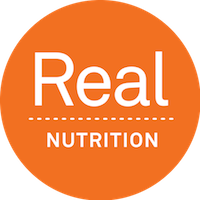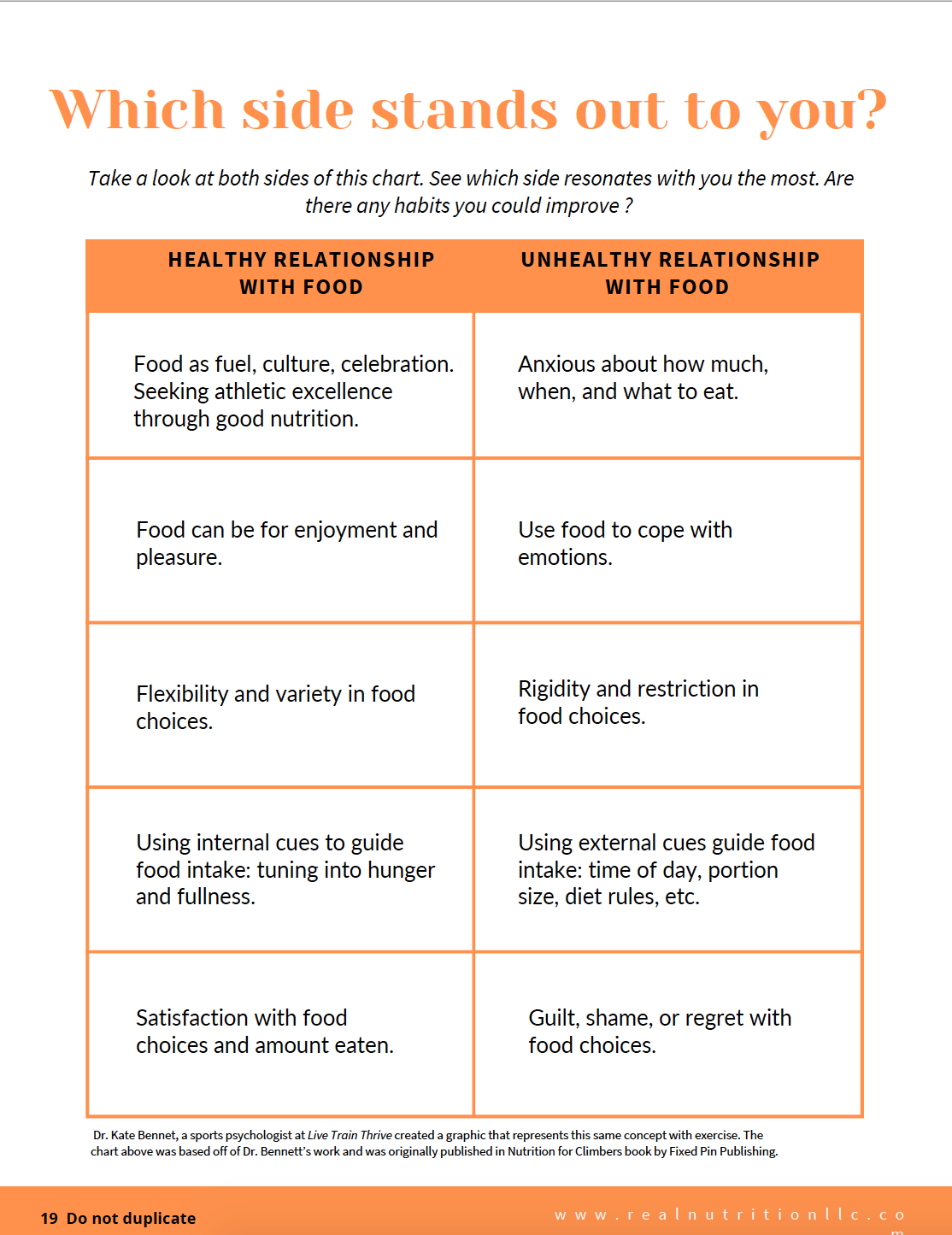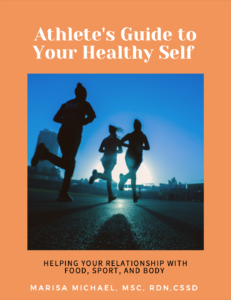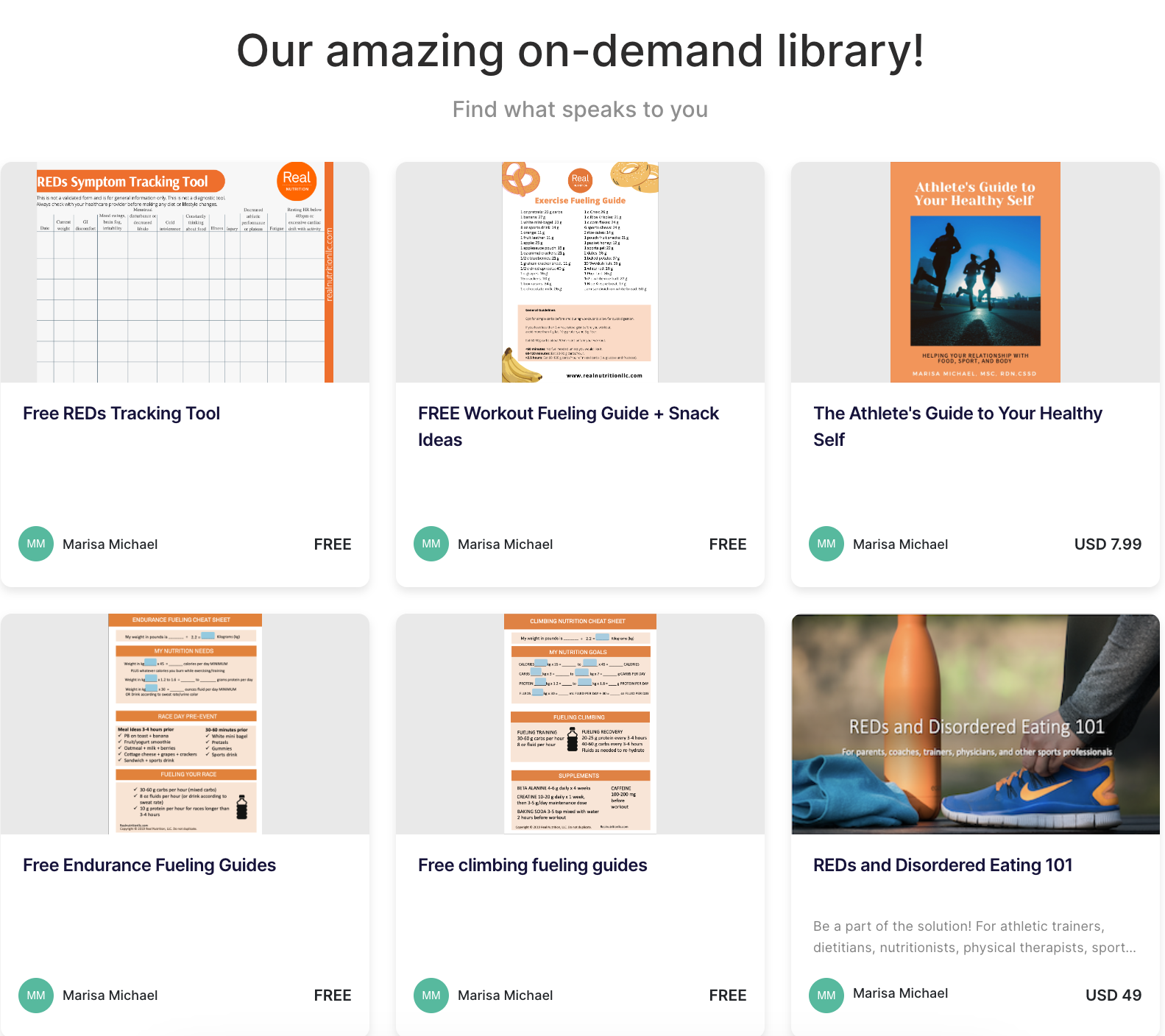Eating Disorder vs. Healthy Eating
In the pursuit of eating healthy, sometimes it can get twisted into disordered eating. How do you know if you are simply caring for your body and doing it a favor, or if you’re slipping into an eating disorder?
What is an eating disorder?
An eating disorder is a pattern of thoughts, behaviors, and feelings around food and body that are disruptive to mental and physical health. There are certain diagnostic criteria for various types of eating disorders. Some common eating disorders include anorexia nervosa, bulimia nervosa, and binge eating disorder.
What is disordered eating?
Disordered eating is a term referring to eating patterns, thoughts, and feelings around food that are disrupted, but may not fit neatly into a diagnostic criterium. Disordered eating can be just as harmful to mental and physical health as an eating disorder. A common pattern of disordered eating is called orthorexia, which refers to the pursuit of eating perfectly, healthy, or cleanly to the point of causing anxiety and distress around food choices.
Which is worse, and eating disorder or disordered eating?
They can both be harmful to mental and physical health, and both may cause lasting negative health effects depending on the length and severity of the behaviors. Just because an pattern of behaviors doesn’t match up with a diagnostic manual doesn’t mean they shouldn’t be treated.
What are some signs of disordered eating?
This page is from The Athlete’s Guide to Your Healthy Self, a 56-page downloadable PDF full of journaling prompts, infographics, and information to help athletes and coaches learn how to foster a good relationship with food, body, and exercise.
How can I tell the difference between healthy eating for health or sports performance vs. disordered eating?
This page is from The Athlete’s Guide to Your Healthy Self, a 56-page downloadable PDF full of journaling prompts, infographics, and information to help athletes and coaches learn how to foster a good relationship with food, body, and exercise.
The key to healthy relationship with food is flexibility–seeing food as neutral, and looking at food as multi-faceted: it is for fueling, health, pleasure, social connection, and so much more!
A few things you can ask yourself:
- Do I have guilt, shame, regret, disappointment, or anxiety around my food choices?
- How much time do I spend thinking about, acquiring, and preparing food?
- Is it difficult for me to eat food in various circumstances when there is decreased control (social situations, traveling, restaurants, etc)
- Do I feel like thoughts of food interfere with other areas in my life?
If you feel like something is amiss, seek help! The National Eating Disorders Association has great resources. You can also reach out or book an appointment with the dietitian at Real Nutrition (scroll to the bottom of the page) for one-on-one nutrition support.
For more information, check out the guide!
~This is general information and not nutrition or medical advice. Always seek your healthcare provider when making any changes to diet or lifestyle.
Check out our amazing nutrition resources, including on-demand courses, free downloads, and webinar replays.
- Nutrition for Climbers
- The Ultimate Guide to Useful Sports Supplements
- Ditch Diets and Become an Intuitive Eater
And be sure to follow us on Instagram!
Book an appointment with the dietitian





